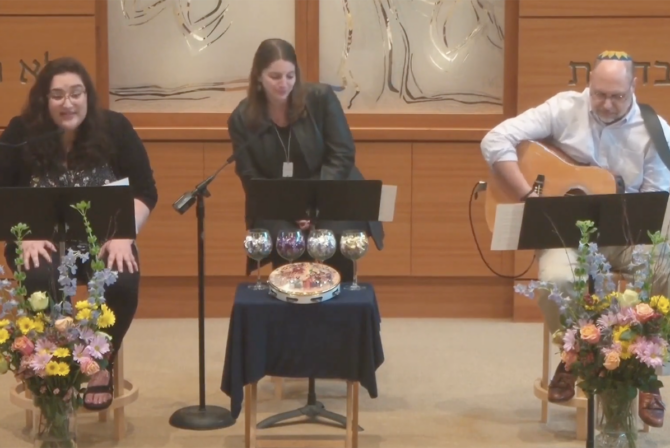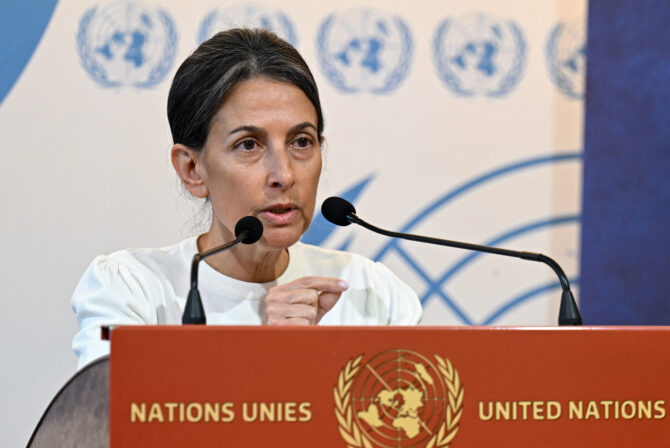Tova decided to share her story about choosing to have a medical termination on Kveller, and now, she offers advice for what–and what not to–say to anyone who’s experienced a loss of pregnancy.
Despite the fact that pregnancy loss is so common, there still incredibly remains a veil of secrecy and stigma over speaking about it publicly, so people just don’t know how the heck to respond.
And so, after personal experience and informal research, I’d like to offer a guide on what and what not to to say to your friend, sister, wife, aunt, mother, neighbor, or colleague who just told you she lost a pregnancy.
1. When we tell you about our loss, don’t offer that your cousin’s second wife’s sister-in-law had that three miscarriages before giving birth to her daughter, or the woman you knew in college who once got an abortion, but, you whisper, hers wasn’t for medical reasons (newsflash: those can be emotionally painful, too). We want you to listen to us and to our stories. We want you to listen so you can acknowledge our pain.
2. We don’t want you to say “You’ll have more kids one day.” You don’t know that. And so what if we do? We wanted that child.
3. “At least you already have a child.” Don’t say this one either. As my support group leader often declares, “Would you say to someone who lost her father: well, at least you still have a mother?” If you actually would, then you might just really be a lost cause.
4. “Thank God they caught it early…” Whatever you do, don’t be the one to bring up God. A lot of us are furious with God and don’t want to hear how we can’t understand Him in His infinite wisdom. If we want to talk about it, let us initiate it. Which leads me to…
5. “Thank God they caught it early. Can you imagine if it was in the third trimester/having a stillborn/losing a baby like that other woman did?” No good comes from comparing tragedies; a person’s pain is real and her own and does not need to be compared to something that happened that might be “worse.”
After just listening, the best thing you could really do is simply say this: “I’m so sorry that you are experiencing this. What can I do to help?”
And when we defer your offer of assistance, get specific. Offer to make the next Shabbat meal, or babysit other kids on Monday night so we can have time to ourselves. Insist we take you up on your offer.
A loss is painful enough without enduring comments that inadvertently make light of what we’ve experienced. When there’s really so little you can do to make it better, please make sure that the little you do only helps rather than hurts.
Like this post? Get the best of Kveller delivered straight to you inbox.







